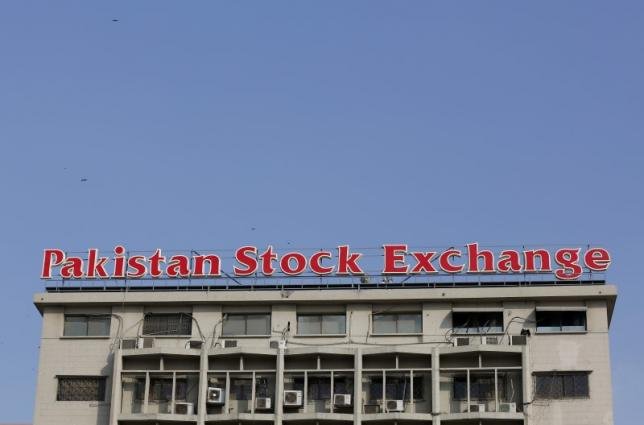
The debut of Pakistan’s inaugural listed sovereign Sukuk in December last year, valued at Rs30 billion, on the Pakistan Stock Exchange (PSX), alongside robust investor interest totaling nearly Rs400 billion, has paved the way for the consistent issuance of Shariah-compliant securities.
This momentum could catalyse the creation of innovative Islamic capital market products such as Sukuk Exchange-traded Funds (ETFs) and Sukuk tokenisation for retail investors.
As anticipated, the Ministry of Finance actively introduced the Sukuk of various durations through the PSX in January 2024 adding instruments for three and five-year tenures. This step has helped in tapping into the liquidity with investors pursuing Shariah-compliant returns and helped the government to get a more favourable rate than the conventional options.
In the last five months, the total Sukuk issuance at the PSX has exceeded Rs308 billion (approximately $1.1 billion), and a stable trend is expected to continue in light of the Shariah Court ruling for conversion into the Islamic financial system for government borrowing.
During the year 2023, the Ministry of Finance floated Sukuk exceeding Rs1.7 trillion, aiming at converting a substantial portion of its sovereign debt to the Islamic financing mechanism.
On the international front, according to the IIFM Sukuk Report 2023, the global Sukuk issuance reached $182.715 billion in 2022, marking their significant presence in the financial landscape.
Despite the listing of Sukuk at the PSX, their accessibility to retail investors at the grassroots level is still limited. According to industry experts, over 97% of investors in the listed Sukuk are still institutional. Reasons for the lower retail participation include account opening complexities, the lack of awareness, lower trading volumes, high ticket-size investment to attract brokers, the absence of real-time settlement, and the absence of an easy-to-use technological platform.
In this backdrop, the concept of Sukuk tokenisation in the Pakistan market can revolutionise the market, offering a plethora of benefits to retail investors and also leading to a positive growth in Sukuk investment. Moreover, it will open the doors for global investors looking for Shariah-compliant returns to invest seamlessly in the Pakistani market with the click of a button.
Understanding Sukuk tokenisation: Sukuk tokenisation involves the digitisation of Sukuk assets, converting them into digital tokens or securities that can be traded on a blockchain or other technological platform.
This process fractionalises the ownership, allowing investors to purchase and trade smaller portions of Sukuk, making them more accessible to retail investors. Through technology, Sukuk tokenisation ensures transparency, security, and efficiency in the issuance, trading, and settlement processes.
Some of the benefits of Sukuk tokenization are discussed as follows:
Enhanced accessibility and fractional ownership: Sukuk tokenisation breaks down the traditional barriers to entry, making Sukuk investment accessible to a broader range of retail investors. By fractionalising the ownership, investors can purchase smaller portions of Sukuk assets like that for Rs100, aligning their investments with their financial capabilities and risk appetite.
This democratisation of access allows individuals to diversify their portfolios with Sukuk holdings and contributes to financial inclusion and empowerment.
Moreover, Sukuk tokenisation enables investors to explore a diverse range of Sukuk offerings conveniently through digital platforms. With reduced administrative overheads and streamlined processes, retail investors can research, analyse, and invest in Sukuk securities with ease, without the need for intermediaries or complex paperwork.
Enhanced liquidity and secondary market trading: One of the most significant advantages of Sukuk tokenisation is its ability to unlock liquidity in the Sukuk market.
Traditional Sukuk instruments often suffer from limited secondary market trading opportunities and slow settlement processes, which can restrict investors’ ability to exit their positions. Sukuk tokenisation addresses this challenge by introducing liquidity through digital exchanges and helping the deal to be settled in real time.
Retail investors can trade Sukuk tokens on vibrant digital platforms, offering liquidity and flexibility in managing their investments. This increased liquidity not only facilitates smoother market operations but can also contribute to price discovery and market efficiency.
Cost efficiency and reduced barriers to entry: Sukuk tokenisation streamlines processes and reduces costs associated with Sukuk investment, making it an attractive option for retail investors, especially students, who are now aware of digital exchanges for assets.
By leveraging technology, Sukuk tokenisation eliminates the need for intermediaries and reduces administrative overheads, resulting in lower transaction costs and fees. Furthermore, the fractional ownership model enables retail investors to participate in Sukuk investments with smaller capital outlays, breaking down financial barriers to entry.
Diversification opportunities and risk management: Sukuk tokenisation can also offer retail investors access to a diverse range of Sukuk issuances across various sectors, tenures, and risk profiles. By investing in a portfolio of Sukuk tokens, investors can diversify their holdings and mitigate concentration risk, enhancing the resilience of their investment portfolios.
Moreover, Sukuk tokenisation enables investors to tailour their portfolios to align with their risk tolerance and investment objectives. Whether seeking stable income streams or capital appreciation, retail investors can select Sukuk tokens that best match their financial goals, thus enhancing risk management and portfolio optimisation.
Transparency, security, and trust: The technology underpinning Sukuk tokenisation can ensure transparency, security, and trust in the issuance and trading of Sukuk tokens. Furthermore, smart contracts can be deployed to automate contractual obligations, reducing the risk of fraud and human error.
This enhances investor confidence and trust in Sukuk tokenisation platforms, fostering a robust and secure investment environment for retail investors. Regulatory considerations and market outlook: For Sukuk tokenisation to gain traction, regulatory frameworks must evolve to ensure investor protection and market integrity. Regulators need to establish clear guidelines regarding the issuance, trading, and custody of Sukuk tokens, aligning with Shariah principles and regulatory compliance.
Looking ahead, the future of Sukuk tokenisation appears promising, with continued technological innovation driving growth and expansion. As awareness of Islamic finance grows globally, Sukuk tokenisation is poised to play a pivotal role in democratising access to Sukuk markets and fostering financial inclusion for all.
In conclusion, Sukuk tokenisation offers numerous benefits for retail investors, ranging from enhanced accessibility and liquidity to cost efficiency and risk management. By leveraging technology, Sukuk tokenisation can contribute to the growth of Islamic capital markets and reshape the Islamic finance landscape, empowering retail investors and driving sustainable growth in Sukuk investment.
The writer is the Director of IBA Centre for Excellence in Islamic Finance
Published in The Express Tribune, May 6th, 2024.
Like Business on Facebook, follow @TribuneBiz on Twitter to stay informed and join in the conversation.





















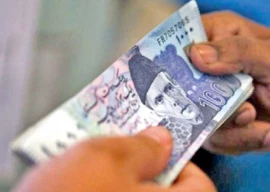

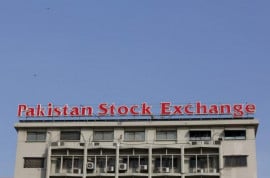


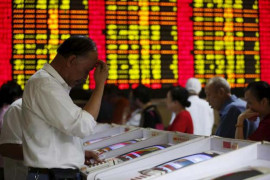


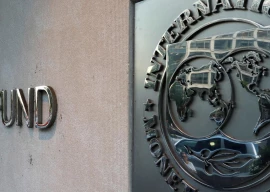









COMMENTS
Comments are moderated and generally will be posted if they are on-topic and not abusive.
For more information, please see our Comments FAQ